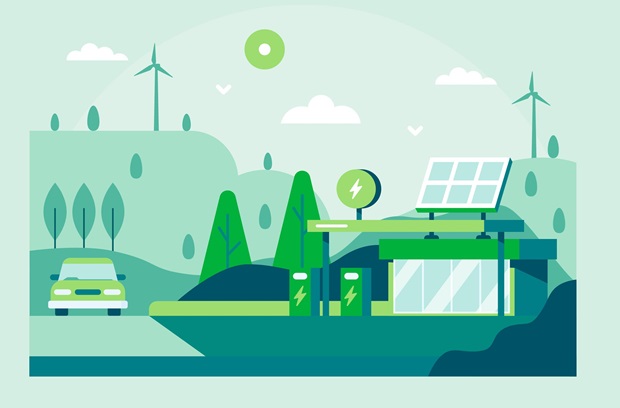Indonesian President Joko Widodo (L) and his Philippines counterpart Ferdinand Romualdez Marcos delivered a joint statement during their meeting at the Malacanang presidential palace in Manila, the Philippines recently to strengthen energy cooperation to safeguard energy security.
Indonesia and the Philippines are the second and third globally regarding installed geothermal generation plants. Both are currently highly dependent on coal-fired power plants and seek an orderly transition to cleaner technologies.
The Department of Energy (DOE) said that two countries– Indonesia and the Philippines had agreed to facilitate cooperation between their respective business sectors, “particularly during periods of critical supply constraints on energy commodities such as coal and liquefied natural gas.” “The MOU also offers potential benefits across economic, environmental, and geopolitical dimensions through collaboration on energy transition, renewable energy, demand-side management, electric vehicles, and alternative fuels such as hydrogen, ammonia, and biofuels,” the DOE said.
Both Indonesia and the Philippines depend heavily on coal for electricity generation, with Manila sourcing the bulk of its imported coal from Jakarta. But both nations are moving to transition to cleaner energy sources. The Philippines and Indonesia are also major sources of critical minerals needed for the energy transition such as nickel, and have vast potential for solar, wind and ocean energy production, the DOE noted.
Previously, the International Renewable Energy Agency (IRENA) stated that for ASEAN countries to implement a transition to clean energy, they would require approximately US$29 trillion in financing by 2050, following a 100% renewable energy scheme.
Meanwhile, according to a study by the International Energy Agency (IEA), Indonesia would need almost three times the current investment to support clean energy investments by 2030, amounting to an additional US$8 billion per year.

